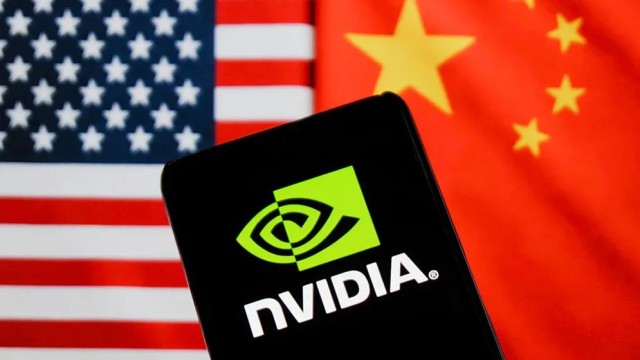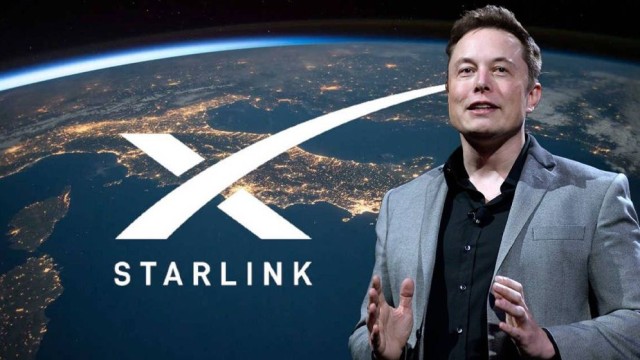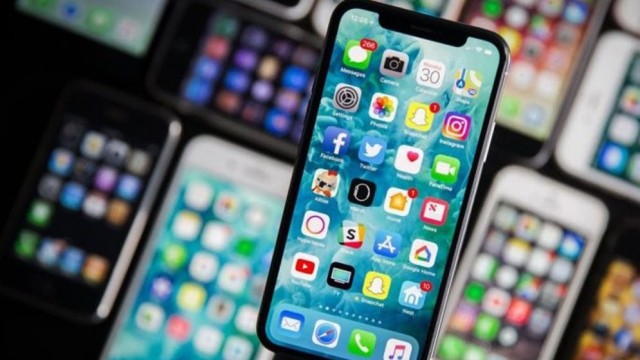During its Made by Google event at its Mountain View headquarters, Google unveiled a range of new hardware products, including the Pixel 9 series, the foldable Pixel 9 Pro Fold, Pixel Watch 3 (featuring new health and safety enhancements), and the Pixel Buds Pro 2 earbuds. These launches come just weeks before Apple’s annual iPhone event, a timing likely chosen by Google to capture attention before Apple’s own announcements.
However, Google's primary focus isn't just on selling hardware. While the company certainly welcomes sales, the key reason behind these product releases is to highlight Google's advancements in artificial intelligence.
Throughout the event, which was ostensibly about the new devices, Google dedicated significant time to showcasing its generative AI-powered Gemini platform. This platform, designed as an intelligent assistant, is capable of performing a wide range of tasks, from summarizing phone calls to helping plan trips.
While the new hardware is undeniably impressive—with sleeker designs and powerful cameras, processors, and displays that make them strong contenders against other Android devices and even Apple’s iPhone—the spotlight remains on Google’s AI efforts. The Pixel 9 Pro Fold, in particular, is shaping up to be one of the most intriguing foldable devices yet.
Google’s main goal isn’t to dominate the hardware market; it’s to demonstrate its superior software capabilities. The company has been using its hardware, like the Pixel phones and earlier Nexus devices, to illustrate how its various services and platforms can create a uniquely Google experience. With the Pixel 9 series, Google is aiming to prove that its AI software is unmatched, bringing its Gemini AI assistant to the forefront. Now, when users activate their devices by saying, “Hey, Google,” or by long-pressing the power button, they’ll interact with Gemini instead of the older Google Assistant.






























Comment: